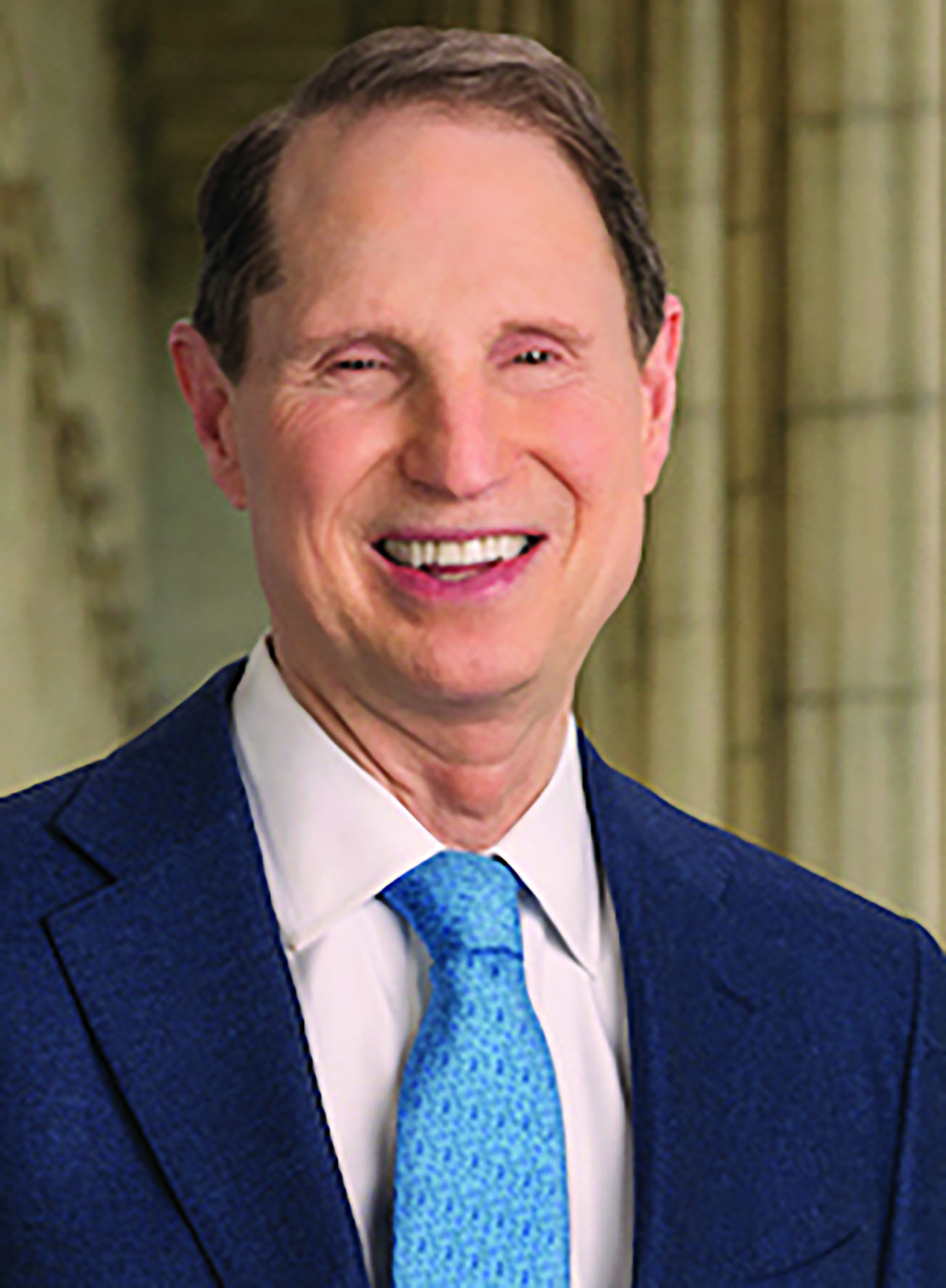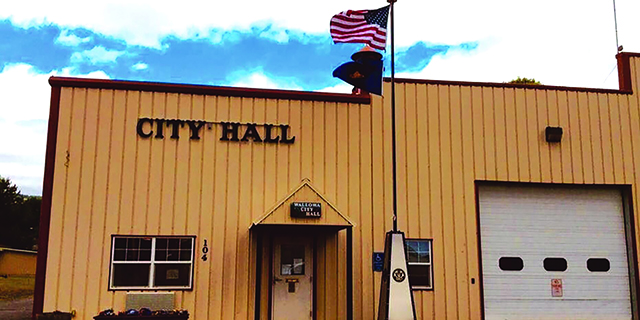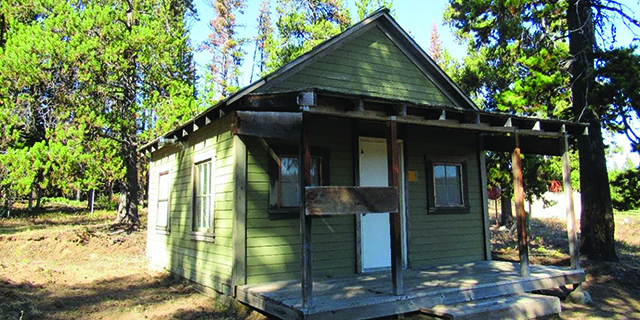Changing how we ‘do community’
Published 4:42 am Wednesday, June 21, 2017
George Burns recorded a song some years back called “I Wish I Was 18 Again.” Ray Price released it in 2015 as well.
Never mind to be grammatically correct is needs to be “were” instead of “was.”
Trending
It’s a lament, of sorts, about growing old. All of us who reach a certain age can identify with the lyrics.
Now time turns the pages and, oh, life goes so fast;
The years turn the black hair all gray.
There are two basic responses to the inevitable experience of growing old. Roll over and give up or stand up straight and spit in Father Time’s eye.
Sixty is the new 50, which is the new 40, which is the new 30. You get the idea.
One discussion regarding age is going on across Wallowa County and much of the country. How do you engage young people in clubs, groups, churches and organizations? If you attend almost any public gathering, the amount of gray hair is overwhelming. If gray hair is a sign of wisdom, we’re in high cotton.
Trending
But where will we find leaders once the current generation shuffles off this mortal coil along with good old Hamlet himself?
What is being done to develop the next Rotary Club presidents, the next county commissioners, the next cemetery district volunteers?
If you spend time around today’s younger folks, you discover quickly they are intelligent, bright and enjoy serving their community. Unfortunately, most of them are not “joiners,” unless it involves clicking on an icon.
That’s not a criticism. The upcoming generation chooses to do things differently.
This phenomenon was addressed in Robert D. Putnam’s book “Bowling Alone: The Collapse and Revival of American Community,” published in 2000.
His premise was that while bowling remains popular, bowling leagues are nearly extinct. Television, social media, two-career families and generational changes in values results in fewer younger members of Rotary or Lions, fewer city council candidates and others.
In Putnam’s view, that social capital deficit threatens educational performance, safe neighborhoods, equitable tax collection, democratic responsiveness, everyday honesty and even our health and happiness.
People were meant to live in community. The younger generation as a whole believes this, but they find community in social media networks and online, rather than at a weekly face-to-face gathering.
If you want to test that hypothesis, put out a plea for help with a community project on Facebook and watch the volunteers pour in.
Honestly, I believe today’s younger generation is more interested in community than we were at the same phase in our lives, they simply go about it in a different way. Technology has changed the interactive process forever.
Perhaps we need to stream Rotary Club meetings using Facebook live video.
Without young people, the future of community institutions in Wallowa County to a great extent depends on an ever-increasing supply of old folks. Fortunately, we must have built it, because they continue to come.
That doesn’t mean we can stop attempting to drag young folks out from behind their smart phones.
Who knows how many of them might find having a conversation across a cup of coffee interesting and even adventuresome.
Paul Wahl is editor of The Chieftain and has one of those birthday’s ending with a zero coming up soon.









